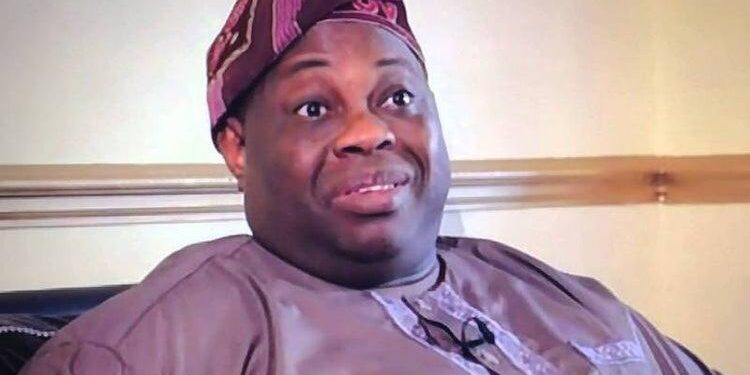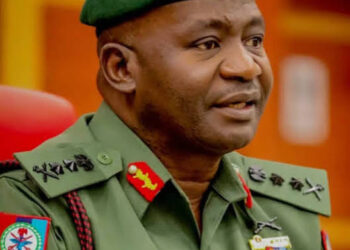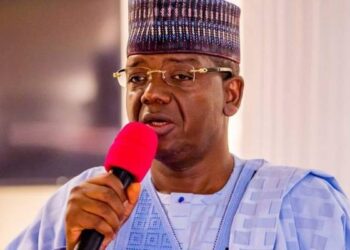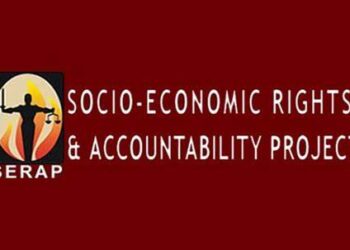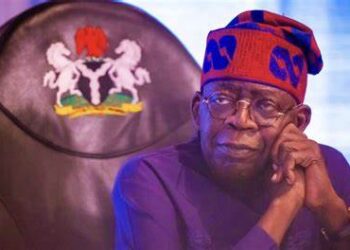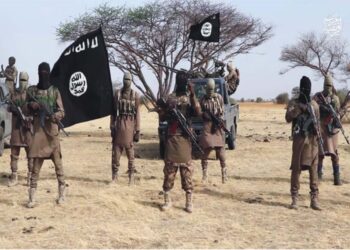African Democratic Congress chieftain Dele Momodu has expressed sympathy for President Bola Tinubu following the unprecedented threat of American military intervention in Nigeria, while calling on the President to urgently rethink his approach to governance and the composition of his team.
Speaking during an appearance on Channels Television’s Morning Brief program on Friday, the veteran journalist and politician said he felt genuine concern for Tinubu after United States President Donald Trump directed the Department of War to prepare for possible military action should Nigeria fail to stop what Washington describes as the killing of Christians.
Momodu described the current moment as an extraordinarily difficult time to lead Nigeria, suggesting that the escalating diplomatic crisis with the United States has placed Tinubu in an unexpectedly precarious position that few could have anticipated just weeks ago.
“I saw him speaking last night, and I must confess that I felt for him because this is not the best time to be the president of Nigeria. He now has to put on the thinking cap for himself, for his team, and for all of us in Nigeria,” Momodu stated, acknowledging the enormous pressure the President now faces.
The ADC leader used the opportunity to offer pointed advice about the caliber of advisers and spokespersons surrounding the President, suggesting that Tinubu needs to surround himself with more capable and credible voices who can effectively communicate Nigeria’s position to the international community.
“The president needs to get people who have the capacity to speak and will be listened to. Not all these political jobbers,” Momodu said bluntly, drawing a distinction between political operatives skilled at domestic maneuvering and the kind of seasoned professionals needed to navigate a complex international crisis.
He acknowledged Tinubu’s considerable political talents, particularly his ability to build coalitions and win over opponents within Nigeria’s domestic political arena. “The president is very good at politicking. He can make all governors in Nigeria join the All Progressives Congress, APC, but we have passed that stage now,” Momodu observed.
However, the opposition figure stressed that the skills required for domestic political success differ dramatically from those needed to manage an international crisis of this magnitude, suggesting that Tinubu’s traditional political approach may be inadequate for the current challenge.
Momodu emphasized how rapidly the situation had deteriorated, noting that the speed with which Nigeria found itself facing American military threats caught many observers off guard. “Two weeks ago, if anybody told you that President Tinubu would be in this precarious situation, all he would have said is ‘no, it’s not possible,'” he remarked, highlighting the unexpected nature of the crisis.
The veteran politician’s comments reflect a broader concern among Nigerian observers across the political spectrum that the country’s response to Trump’s allegations has been insufficiently coordinated and that the administration may not have anticipated how seriously Washington would pursue the Christian persecution narrative.
By expressing sympathy for Tinubu while simultaneously calling for urgent changes in approach and personnel, Momodu struck a tone that was both compassionate and critical, acknowledging the difficulty of the President’s position while insisting that more needs to be done to effectively manage the crisis.
His call for Tinubu to “put on the thinking cap” for himself, his team, and all Nigerians suggests that Momodu views the situation as requiring not just damage control but fundamental reconsideration of how Nigeria presents itself internationally and manages its relationships with major powers like the United States.
The intervention by Momodu, who ran against Tinubu in the 2023 presidential election, demonstrates that concern about the American threats transcends partisan lines, with even opposition figures recognizing the gravity of the situation and the challenges facing Nigeria’s leadership.
As the diplomatic standoff continues, Momodu’s remarks add to growing pressure on President Tinubu to overhaul his communication strategy and assemble a team capable of effectively countering the narratives emanating from Washington and defending Nigeria’s interests on the global stage.

